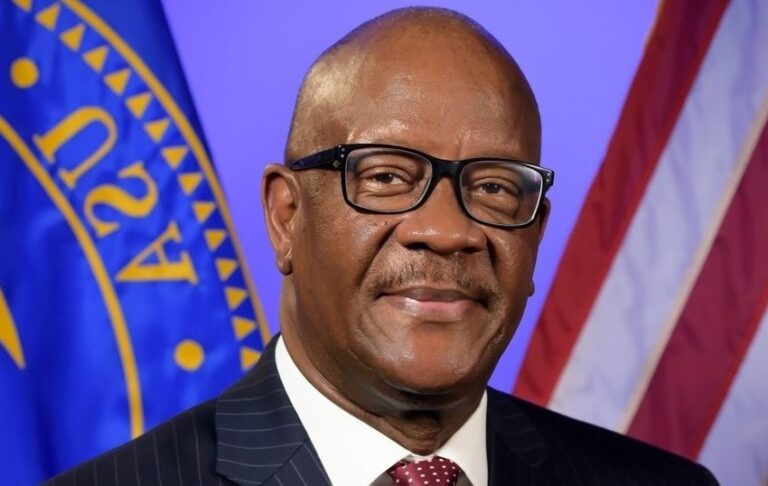By Hassan Osman Kargbo
Sierra Leone’s Minister of Health, Dr. Austin Demby, has placed the country firmly in the global spotlight by highlighting its remarkable achievements in immunization during key engagements at the World Health Organization (WHO) Regional Committee for Africa (RC75) conference in Lusaka, Zambia, and the GAVI Ministerial Reception on the Leap Initiative.
Over the past five years, Sierra Leone has consistently ranked among the top African countries driving progress in immunization. The country has not only maintained its reputation for honouring international commitments but has also made remarkable strides in improving health outcomes for children and vulnerable populations.
Between 2024 and 2025 alone, Sierra Leone contributed over USD 1 million to GAVI, the global vaccine alliance, fulfilling its co-financing obligations without delay. This commitment has gone hand-in- hand with strong results at the national level. The number of zero-dose children—those who have not received even a single vaccine—dropped dramatically from 45,000 in 2022 to fewer than 10,000 by December 2024. Health experts describe this as one of the most notable achievements in recent years for a country that has long faced challenges in public health delivery.
Speaking at the GAVI Ministerial Reception on the Leap Initiative under the theme, “Catalyzing Country Ownership: Africa’s Leadership in the Gavi Leap,” Minister Demby reiterated Sierra Leone’s determination to ensure that no child is left unvaccinated.
“Our mission is clear: to reduce zero-dose children and leave no one behind,” Dr. Demby declared. “We are building a healthier and safer Sierra Leone for our children and our people.”
The minister’s strong message of ownership and accountability echoed Sierra Leone’s broader commitment to the Global Immunization Agenda of 2030 and the Africa Regional Strategic Plan on Immunization. Both frameworks call for accelerated action to ensure that every child across the continent is reached with life-saving vaccines.
Observers at the event noted that Dr. Demby’s interventions not only highlighted Sierra Leone’s success but also underscored the urgent need for African nations to take the lead in financing and sustaining their immunization programs. His presentation made clear that Sierra Leone views itself as a key partner in shaping the continent’s collective health security.
Beyond statistics, Sierra Leone’s efforts reflect deliberate strategies, including strengthening community engagement, improving vaccine supply chains, and investing in health worker capacity. These efforts have translated into increased public confidence in vaccines and stronger national health systems capable of withstanding shocks such as disease outbreaks.
At the WHO RC75 conference, Dr. Demby further emphasized that immunization is central to Sierra Leone’s broader public health agenda. He noted that vaccination programs not only prevent childhood deaths but also protect national development by ensuring healthier populations.
Health sector partners and observers commended Sierra Leone’s progress, describing it as a model of what is possible when political commitment meets sustained investment and community trust. They argued that the country’s leadership in immunization could inspire others across Africa to intensify their efforts, particularly in reducing the number of zero-dose children.
As the conference in Lusaka unfolds, Sierra Leone’s voice is expected to play an influential role in shaping the future of vaccine delivery in Africa. By combining national ownership with international collaboration, the country is demonstrating that even in the face of resource challenges, consistent dedication can yield extraordinary results.
For Sierra Leone, the journey continues with a renewed sense of purpose. The vision is clear: a future where no child is left behind, and immunization remains a cornerstone of national health and development.











